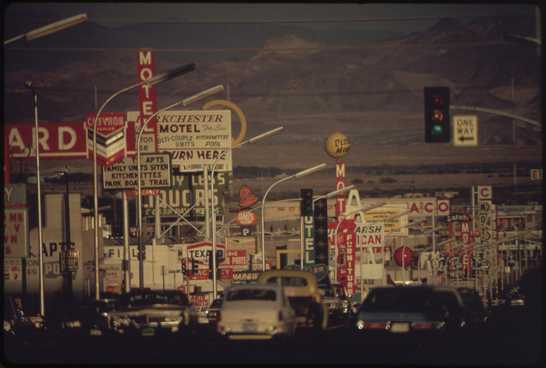sign first, middle, last on the wisdom tooth

For several years, and through different administrations, surveys have shown that self-identified liberals are more likely than self-identified conservatives to avoid interactions with and exposure to ideological disagreement. In this study, we demonstrate that this ideological asymmetry in outgroup avoidance can be partially explained by the well-established tendency of self-identified conservatives to hold moderate or liberal policy preferences. Using a nationally representative survey, we show that ideologically consistent conservatives look more like liberals (almost all of whom are ideologically consistent) in their tendency to engage in behaviors that promote ideologically homogeneous social networks. Inconsistent conservatives, on the other hand, are more likely to have ideologically heterogeneous social networks, making them less likely to clash with those on the other side and thus less likely to retreat from engagement, even if they hold conservative identities. This set of findings offers insight into the contours of polarization in contemporary America.
{ Public Opinion Quarterly | Continue Reading }
{ Street Scene in East Las Vegas, May 1972 | Charles O'Rear }